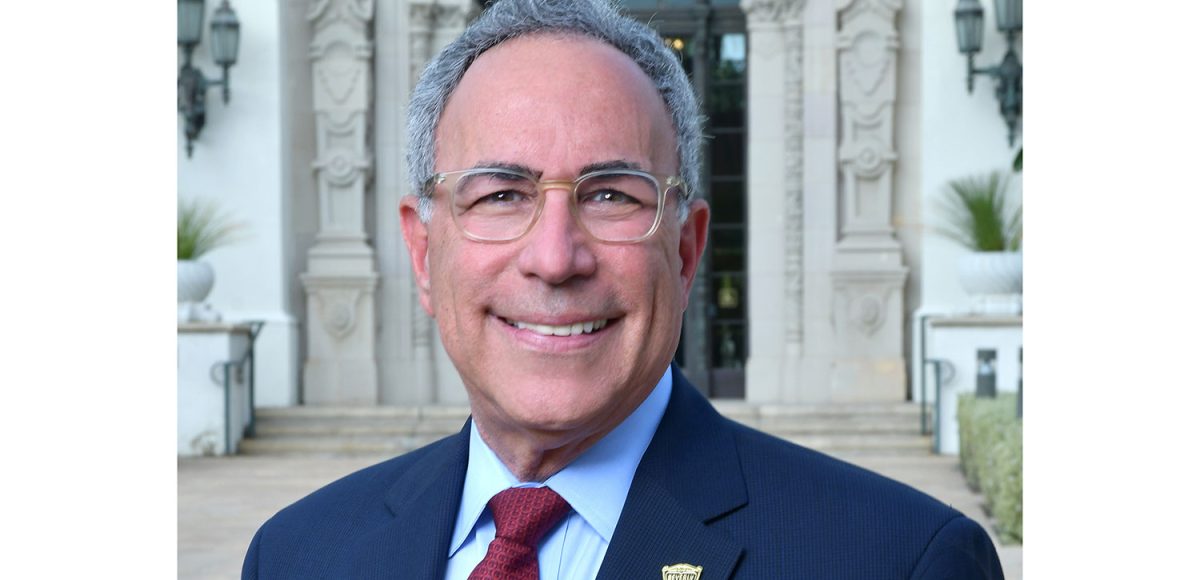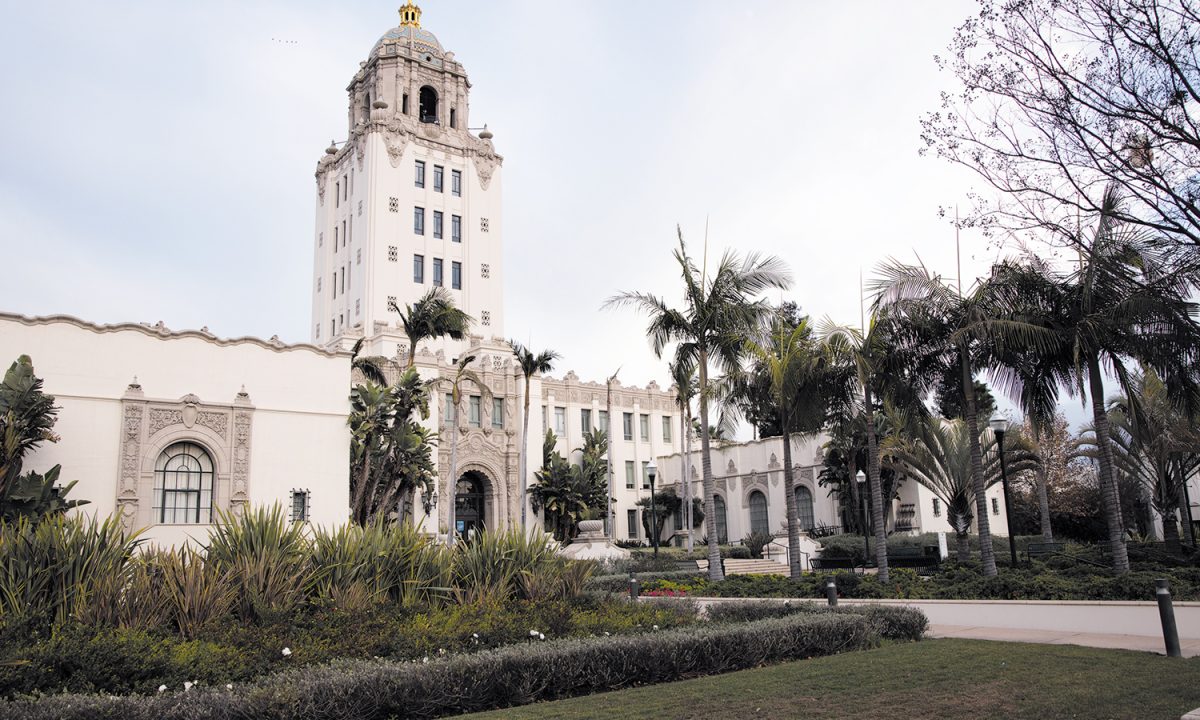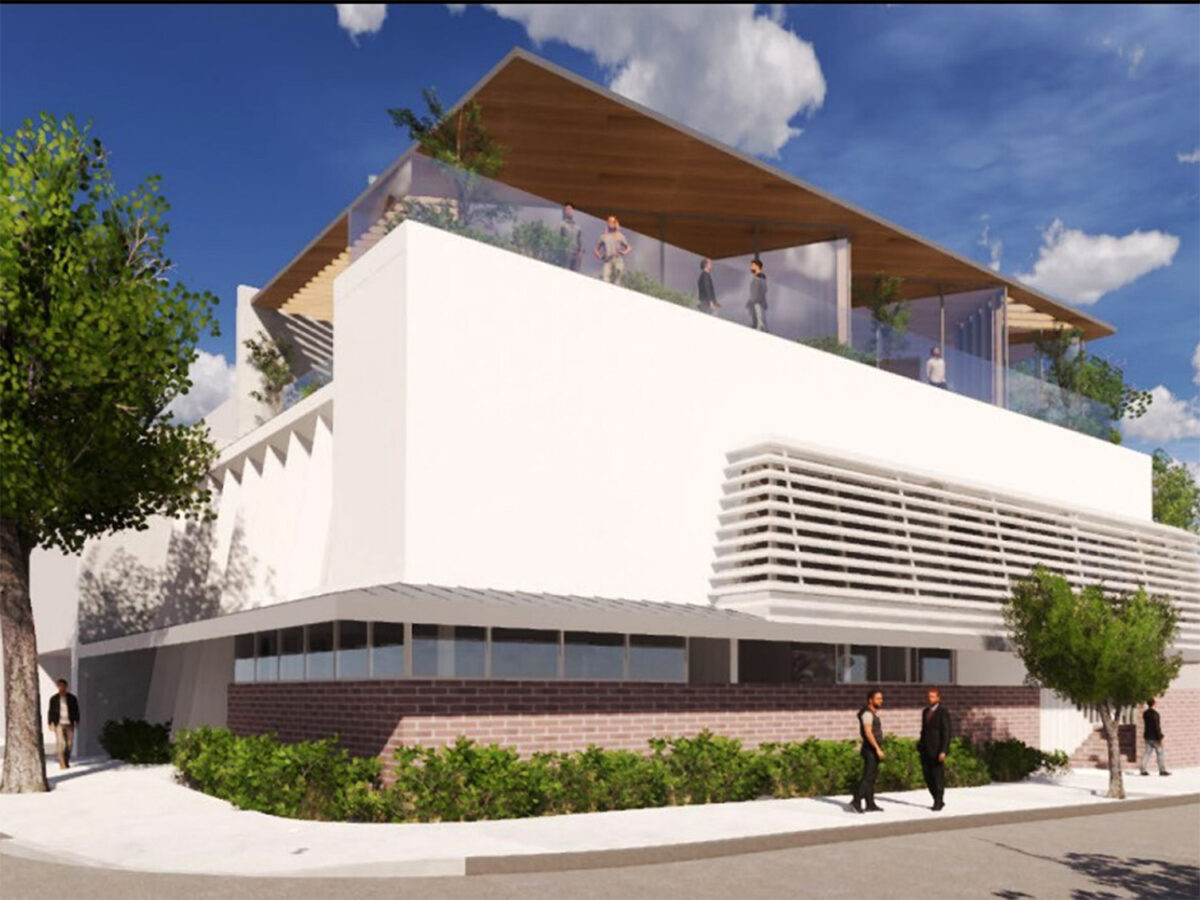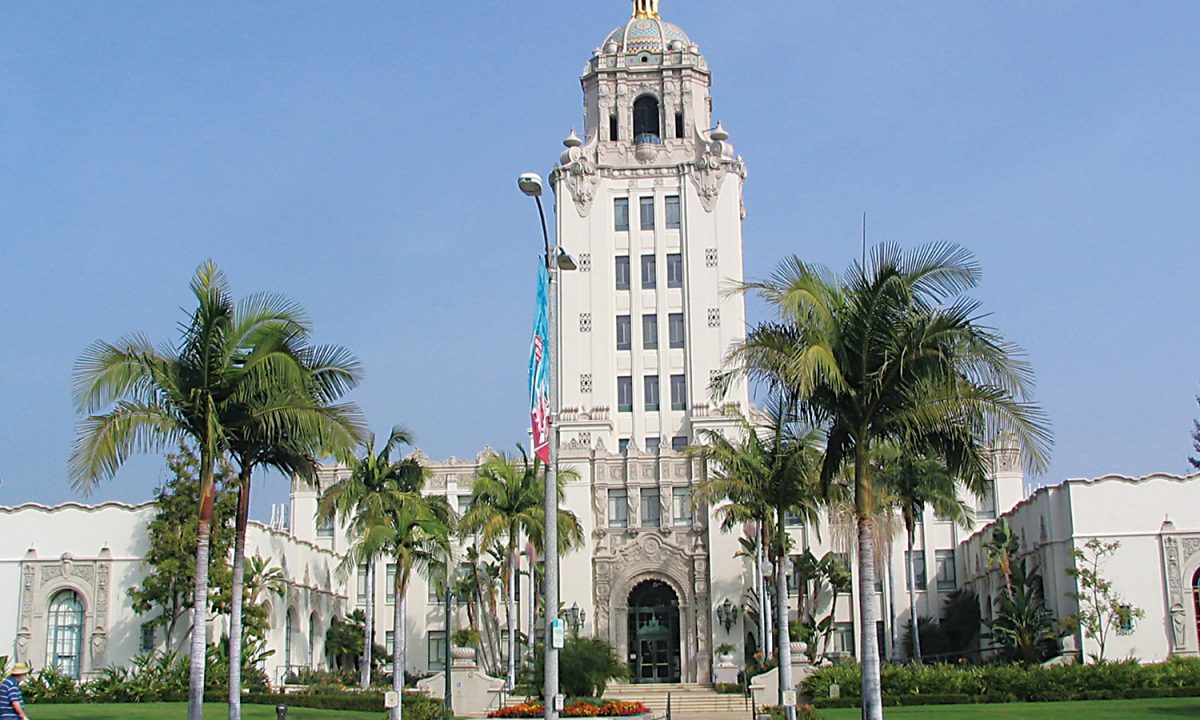In my role on the Beverly Hills City Council, I had the privilege of working with my colleague and then-Mayor Lili Bosse to lead the city’s team, which included expert attorneys in real estate development, expert land use attorneys and economists, that negotiated the Cheval Blanc Beverly Hills Development Agreement. This process led to unprecedented commitments to the city from LVMH, and I urge all Beverly Hills voters to vote YES on both Measures B and C.
Cheval Blanc Beverly Hills Is A Well-Designed Project, Proposed At The Right Time, For The Right Place
As a matter of longstanding policy, our City Council considers new development proposals on their own merits, without any consideration as to the terms of a related Development Agreement. This is because no project should be approved solely on the basis of the financial benefits it may bring.
Cheval Blanc Beverly Hills was approved because it is a thoughtfully designed project, located to revitalize the northern end of the Business Triangle. The quality of building design and materials create a vibrant new anchor for the northern gateway to Rodeo Drive, with benefits for all the Business Triangle. Peter Marino’s anchor design includes a complementary mix of uses in a building that harmonizes its height with the existing neighborhood. The hotel does not include any ballroom or conference facilities, thereby mitigating traffic impacts.
The project was thoroughly vetted by the Planning Commission after months of public input and discussion and subsequently approved by the City Council based upon the overall positive impacts it will provide to the community, and for those reasons I urge you to vote YES on Measure B, affirming the Cheval Blanc project.
The Cheval Blanc Development Agreement Ensures Benefits For Many Future Generations Of Beverly Hills Residents
As part of the process, the council conditioned approval of Cheval Blanc Beverly Hills on approval of the Development Agreement.
Then-Mayor Bosse and I set out to guarantee the following important commitments in the Development Agreement:
• The project we approved will be the project actually built—not a lesser version, and not a different hotel brand.
• The construction and opening of the hotel will abide by a clear, enforceable schedule.
• Cheval Blanc will deliver a 19% nightly bed tax, higher than the 14% rate charged by most of our city’s hotels and the highest bed tax charged by a destination city in the U.S.
• That so long as the hotel is operated at the property, it will be maintained at the highest luxury standard.
We never wavered from these goals, and through robust negotiations we achieved each one.
What this means is that LVMH is required to build, furnish and open for business a Cheval Blanc—not any lesser brand—according to the plans unanimously recommended by the Planning Commission and approved by the City Council. Construction must begin within a year and be completed within five years. LVMH can purchase extensions, but must pay $250,000 per month for each extension, the equivalent of $3 million per year. In prior Development Agreements with other projects within Beverly Hills, the city has not imposed a deadline for construction to begin or be completed and has allowed developers to purchase extensions for a fraction of this amount.
At the hearings on the Development Agreement, LVMH’s CEO stated that they regard Cheval Blanc Beverly Hills as a 100-year investment. But our negotiating team
did not rely on aspirational, unenforceable statements. We bargained for contractual commitments that incentivize LVMH to fully commit to the successful opening and continued operation of the hotel. The Development Agreement requires that once construction is complete, Cheval Blanc Beverly Hills must be opened and operated for a continuous six months. LVMH must make the very significant initial investment to build, furnish, staff and fully operate Cheval Blanc Beverly Hills, at which point they will be deeply invested in our community and the success of the hotel. This was not a requirement that the city has ever imposed in a prior Development Agreement.
If LVMH does not satisfy these fundamental commitments, all of the approvals are forfeited and the city is entitled to $50 million in damages. Again—no prior development agreement negotiated by the city includes these penalties.
A significant portion of the revenue that the city relies upon for its day-to-day operations is the “bed tax” visitors pay when staying at a hotel. Once the hotel is open, LVMH is responsible for paying the 19% bed tax to the city, whether or not it is collected from guests. And so long as a hotel must be operated on the property, it must be maintained and repaired to the standard set by the top four full-service luxury hotels in the city. Decades from now, the city is protected from the hotel ever falling out of the highest class of our top luxury hotels. The city’s own economist projected that in the first 30 years of hotel operation, our general fund will benefit from an additional
$750 million from Cheval Blanc Beverly Hills— much of that from the 19% bed tax.
Some have criticized the $26 million up front payment due when construction begins, claiming it is insufficient compared to the public benefit payments required in prior Development Agreements. This ignores the vast difference in the scale of the projects being compared. The One Beverly Hills public benefit payment pencils out to $87 for each of the more than 1 million square feet by which One Beverly Hills exceeds our height and density standards.
LVMH, in contrast, is paying $267 per square foot for less than one-tenth of the amount of additional square feet, plus an additional $2 million payment that will be reserved to support the city’s arts and culture.
Lastly, each council negotiating a Development Agreement must decide whether to dedicate funds to specific purposes, or to reserve for future City Councils the discretion and flexibility to direct funds to different purposes as the city’s needs and goals evolve. My colleagues and I in the majority voted to empower the council to meet our community’s future challenges, whatever they may be.
Lili and I bargained hard on our community’s behalf. We secured benefits unprecedented for Beverly Hills. I urge you to reaffirm the council’s approval and vote YES on Measure C.
Voting YES on both Measures B and C will secure an extraordinary project and many substantial benefits for our community.







